The Ed's Up - On Community
In the talk I gave at the XOXO Festival this summer, I spoke about doubling down on my community. I’ve noticed that whenever I use that word, people generally nod in agreement but take very different meanings from it. Some use it to refer to a group of people bound by shared experience or identity—the long-covid community or the queer community, for example. For some, it’s necessarily local, and only encompasses people within physical promixity; for others, it includes everyone you interact with, in spaces that can be as virtual and global as a social media network. One person whom I met at a book event said that she moved to the place I was visiting for community, which, for her, seemed to mean living in a walled and “crime-free” residential area.
While trying to work out what I mean when I use the word, I kept returning to birding. As I wrote in the NYT earlier this year, my interest in nature has been life-long, but I only became a birder when I started putting effort into observing birds. For me, it’s the intentionality that separates birding from passively noticing birds around you. That’s also how I think about community. My community consists of the people whom I put specific and directed effort towards, for reasons other than obligations or professional interest. They’re the ones I visit, call, eat meals with, buy gifts for, and hold in my thoughts.
This definition is geographically agnostic. It is supported by shared experiences, goals, and values, but I see these as necessary but not sufficient. It does not scale: There are only so many people I have the time and mental capacity to direct attention to. And it excludes social media and other forms of communication where I’m blasting my thoughts into the world in an unspecific way. I’ve come to realize that whenever I feel compelled to do the former, I’m almost always better off doing something targeted, like texting that friend to ask how they’re doing. We are drowning in systems that strip the intentionality away from our social lives, and that offers us the illusion of community in place of the reality of it. Effort is what strengthens the synapses of our social networks.
I say all this as the U.S. heads into an age of ascendant autocracy when those networks will be sorely tested. For all the reasons above, my plan is to be offline as much as possible, to double-down on my community (world- and nation-wide, but especially local), and to grieve, regroup, plan, and endure. In 2016, my wife, Liz, said to me, “There is no wall to put our back against—except each other.”
Some brief updates
My third book, The Infinite Extent, is now about 20 percent done, and I’m about 20 percent of the way towards my deadline of November 2025, so things are looking good. My agents and editors have seen the first chapter and are thrilled. (I have a spreadsheet that maps my progress against time elapsed, and can write more about that in a future newsletter.)
The Young Reader’s Edition of An Immense World is available to pre-order and will be out in May 2025. AnnMarie Anderson adapted the original book beautifully, and I apologize for misspelling her surname in the last newsletter.
Bird photos
2024 was my first full year of birding, and I’m ending it having seen 280 species in my home county, 432 across the U.S., and 568 around the world, the vast majority of which are lifers (species that I’ve seen for the first time). I’ll write more about this experience in 2025, but for now, here are some shots from the last couple of months.
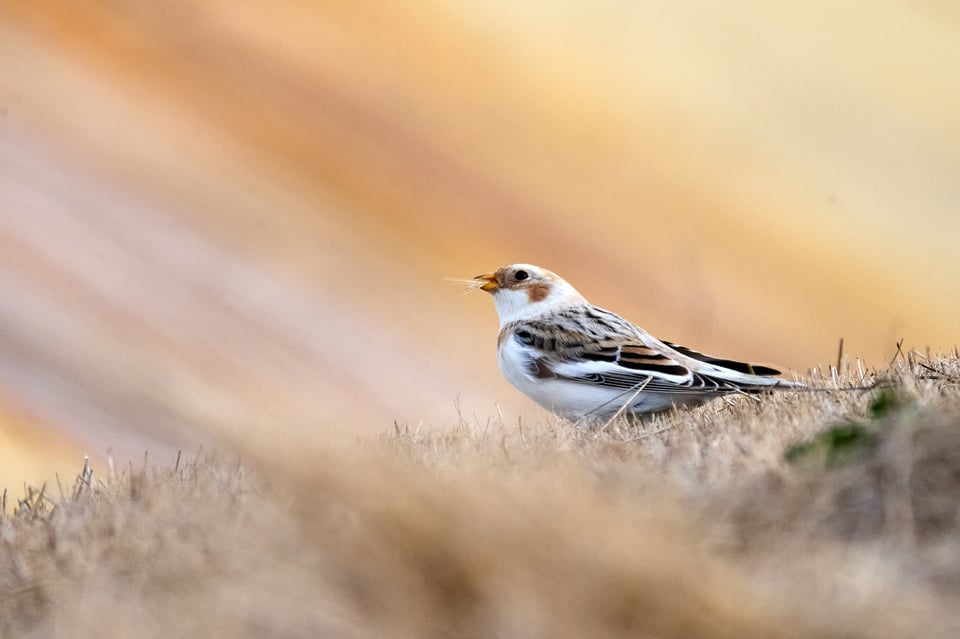
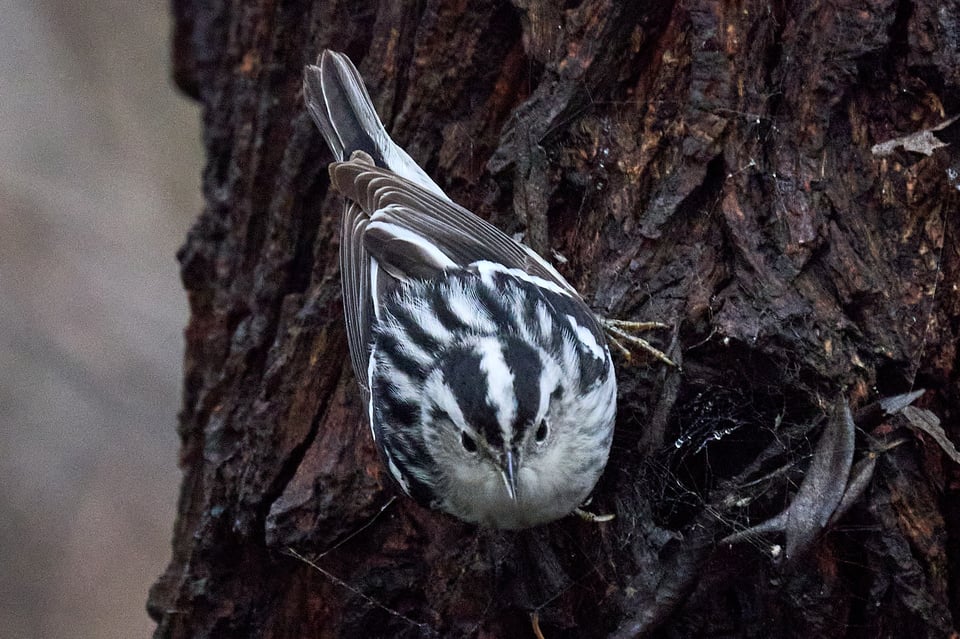
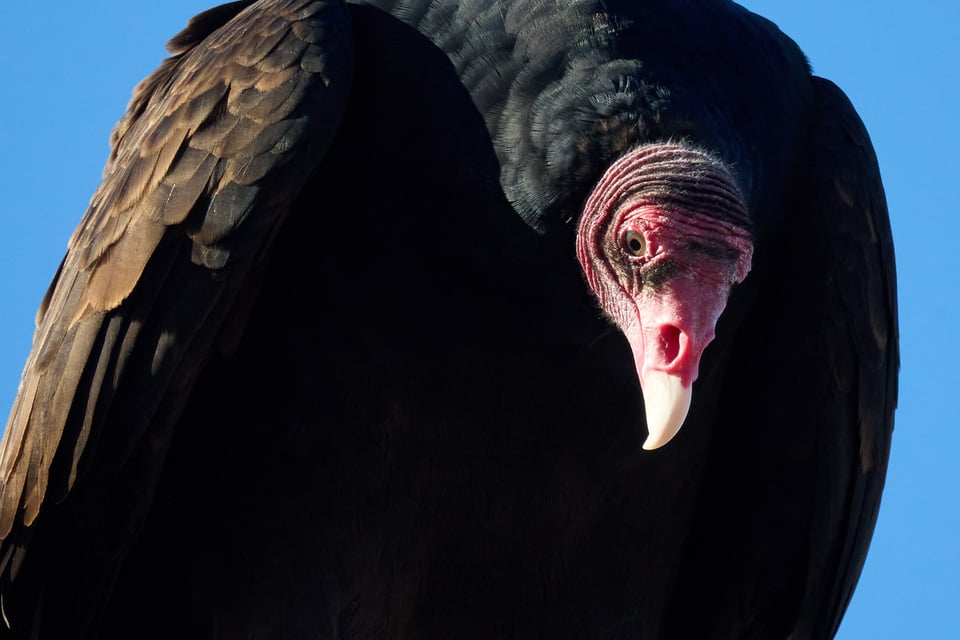
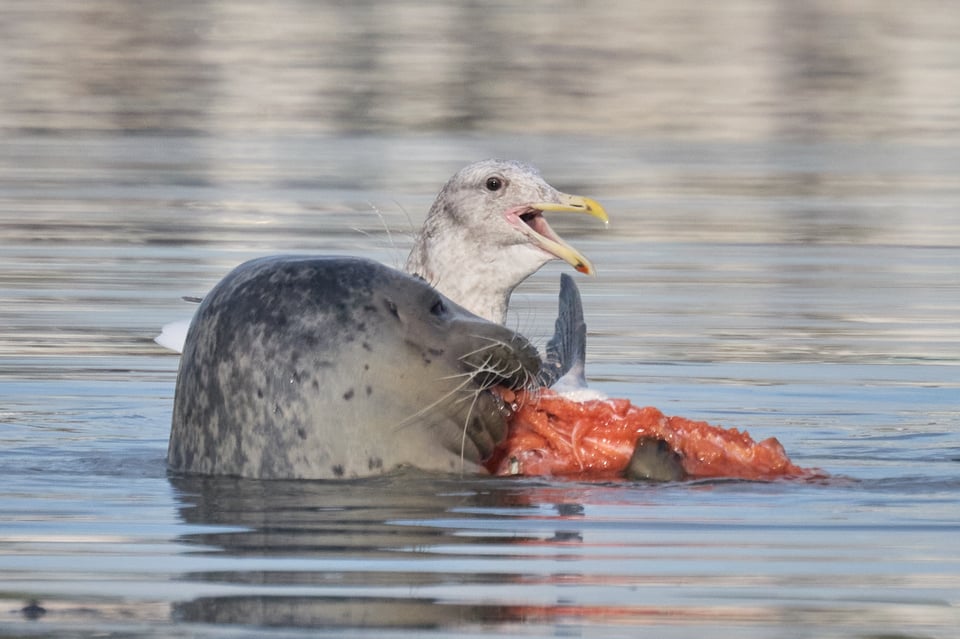
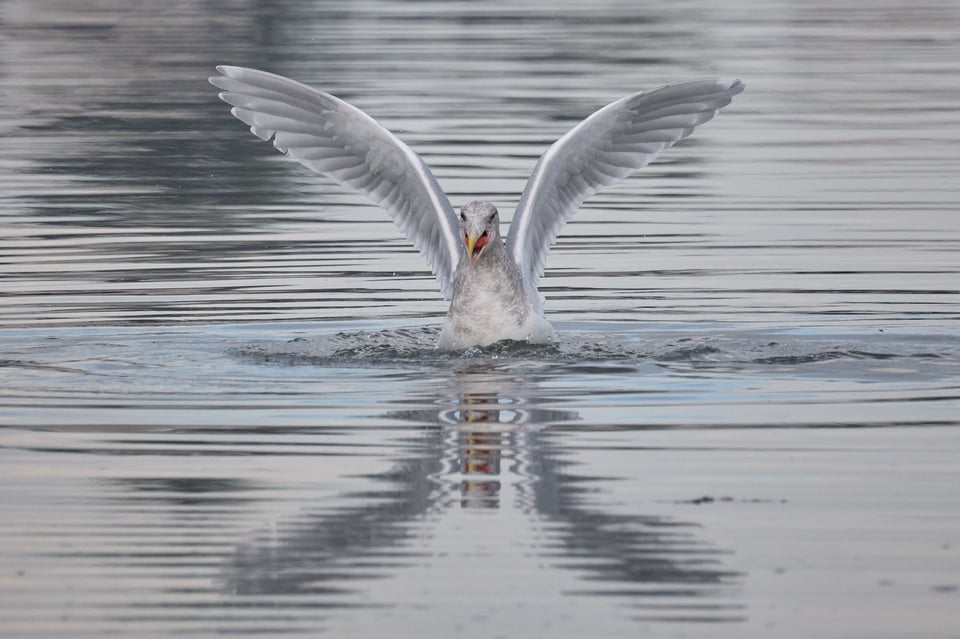
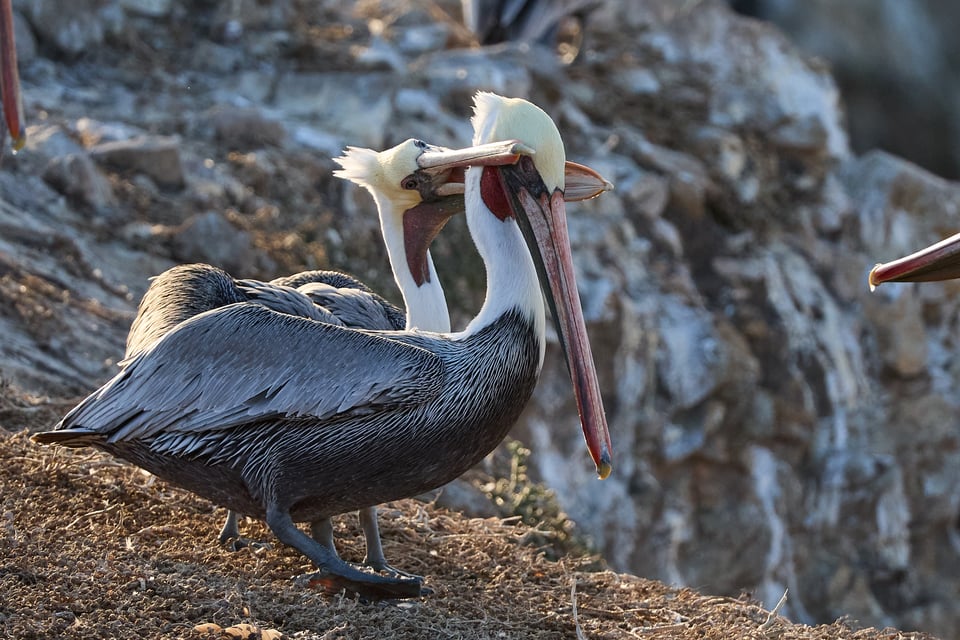
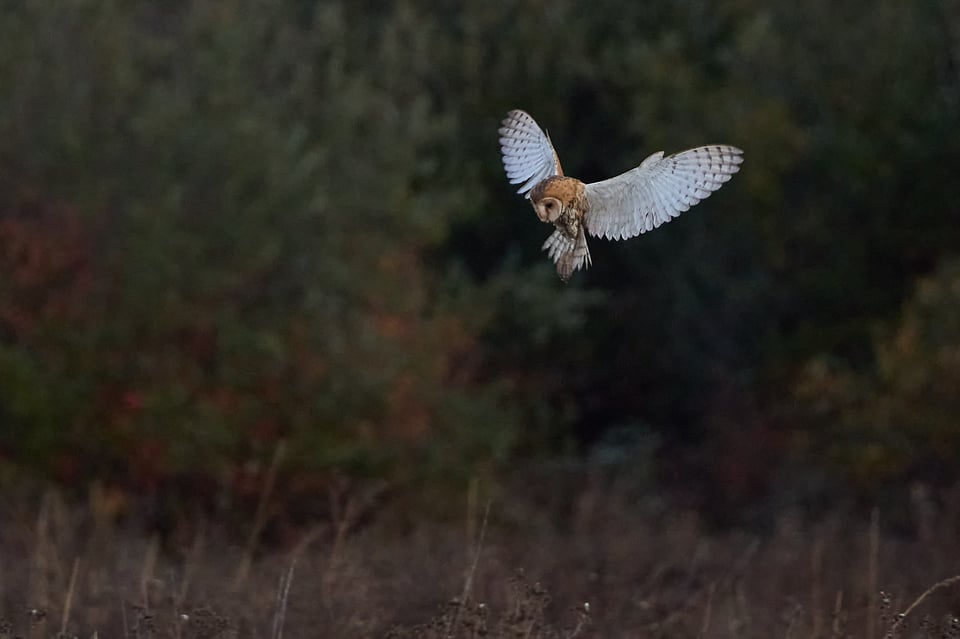
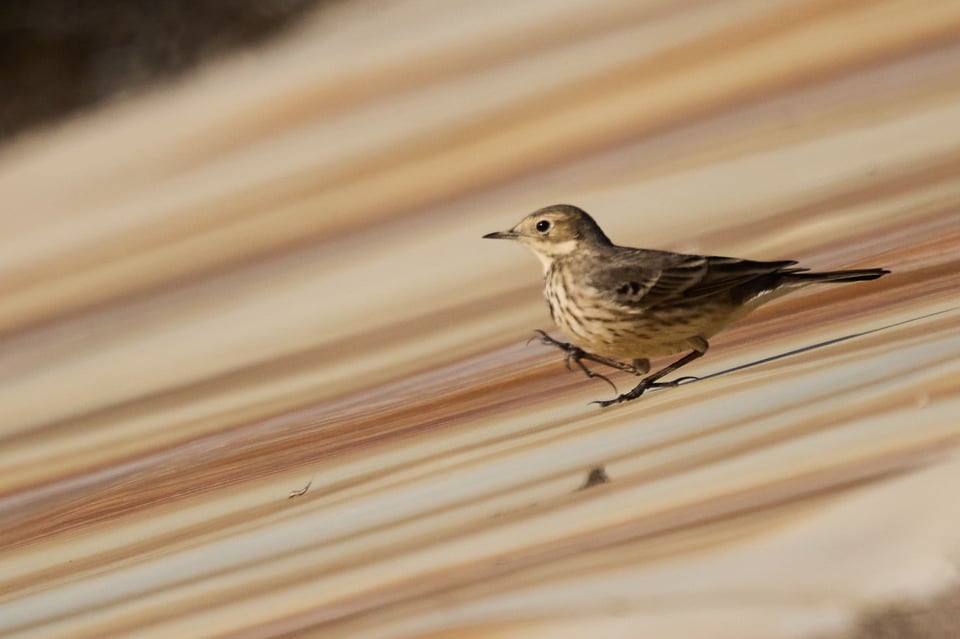
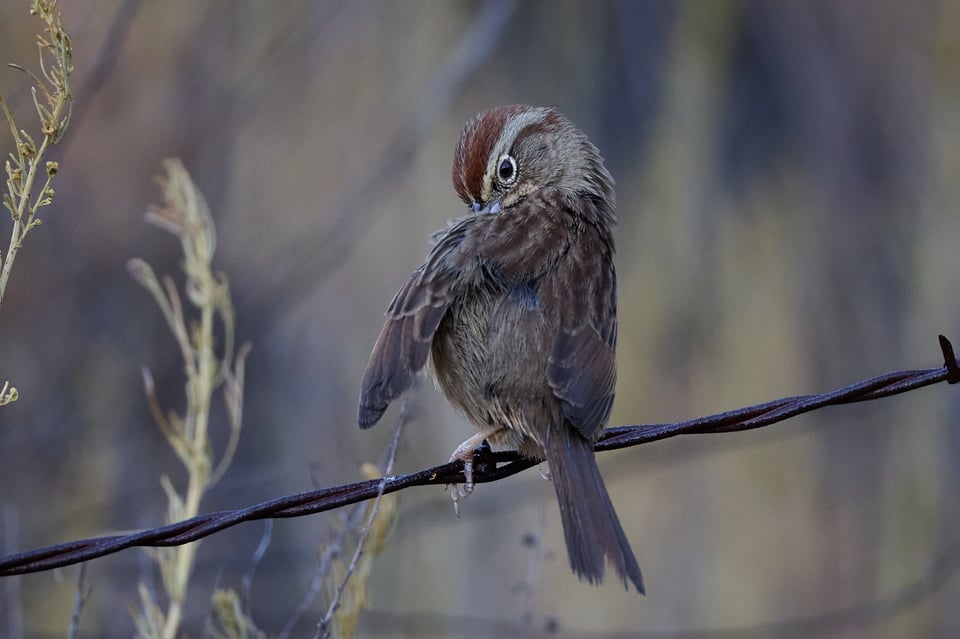
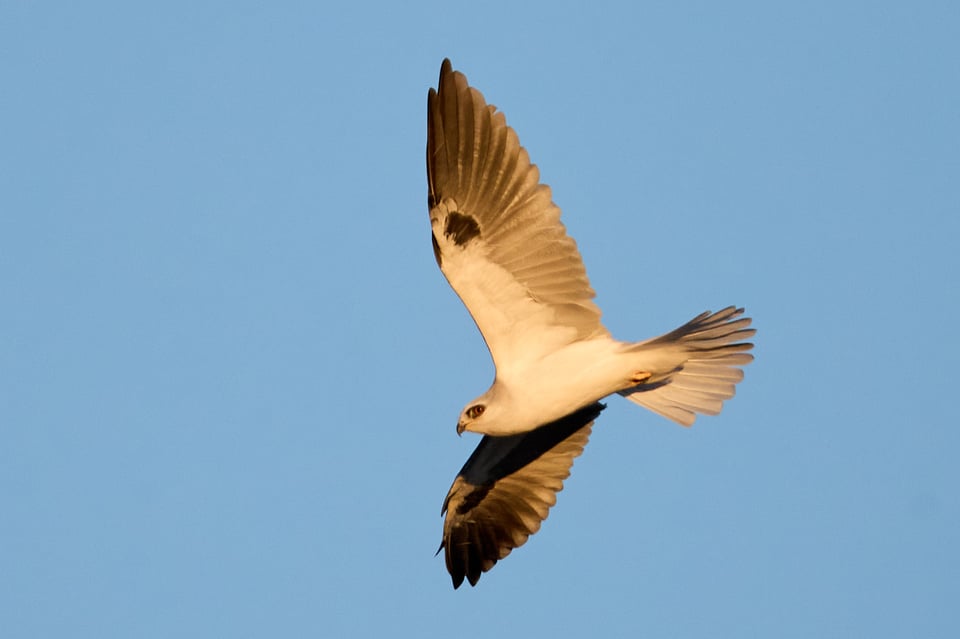
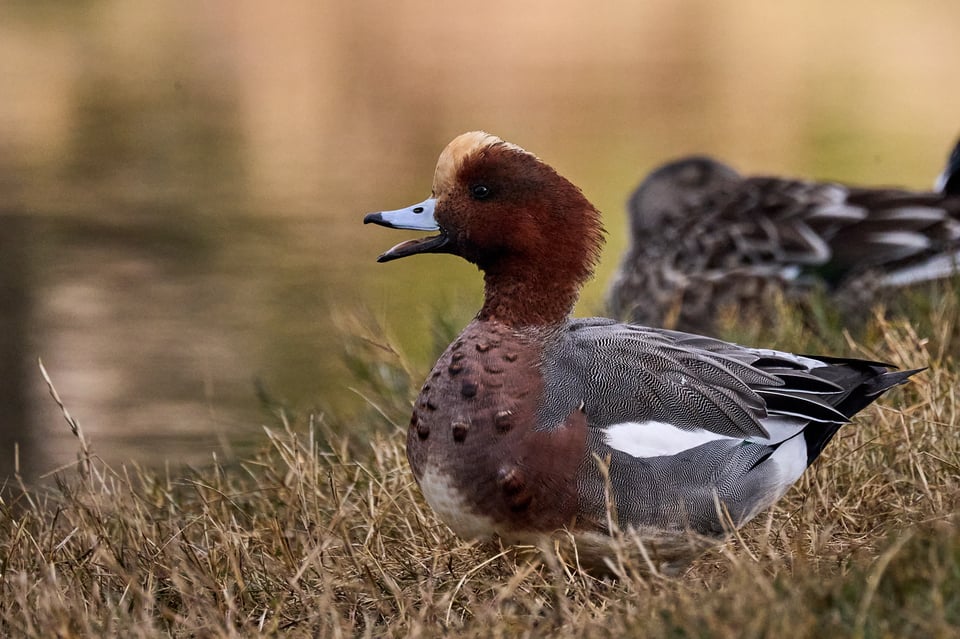
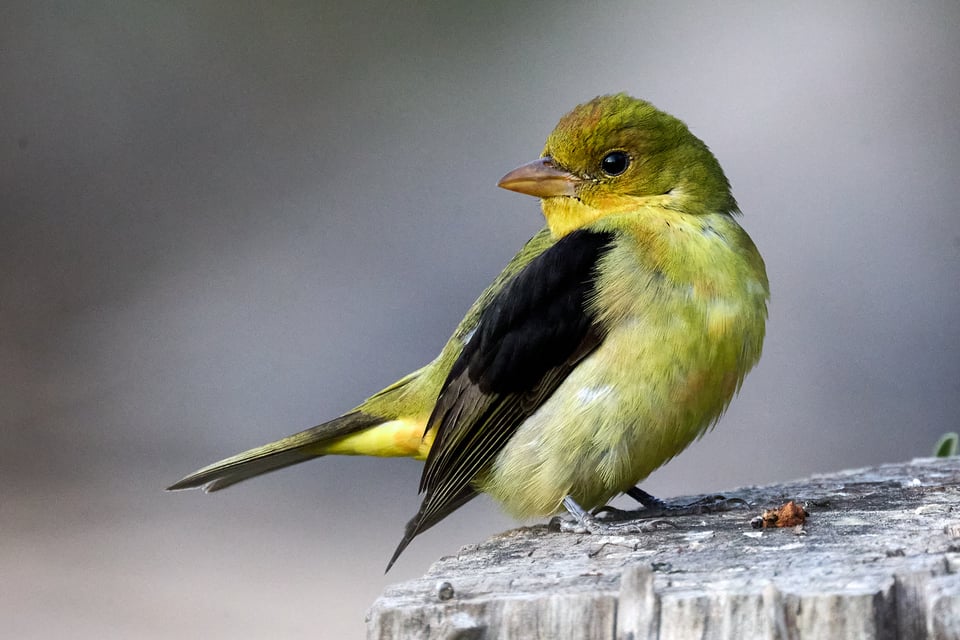
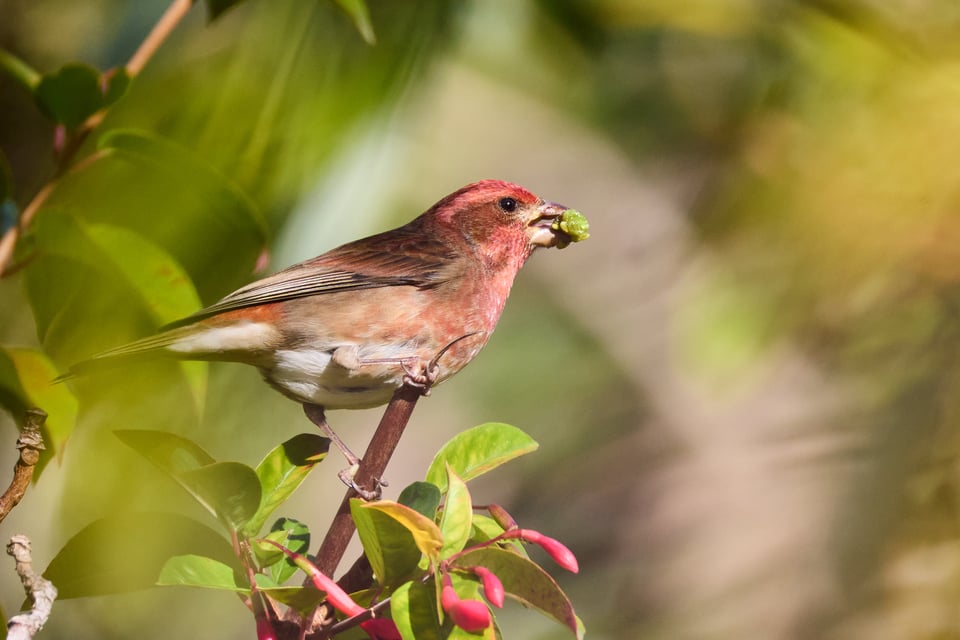
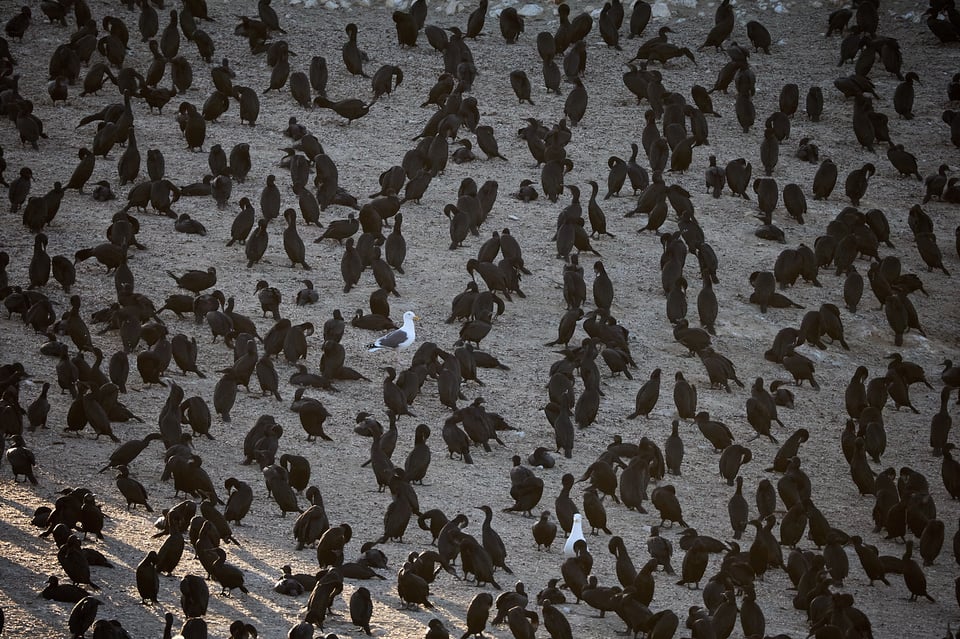
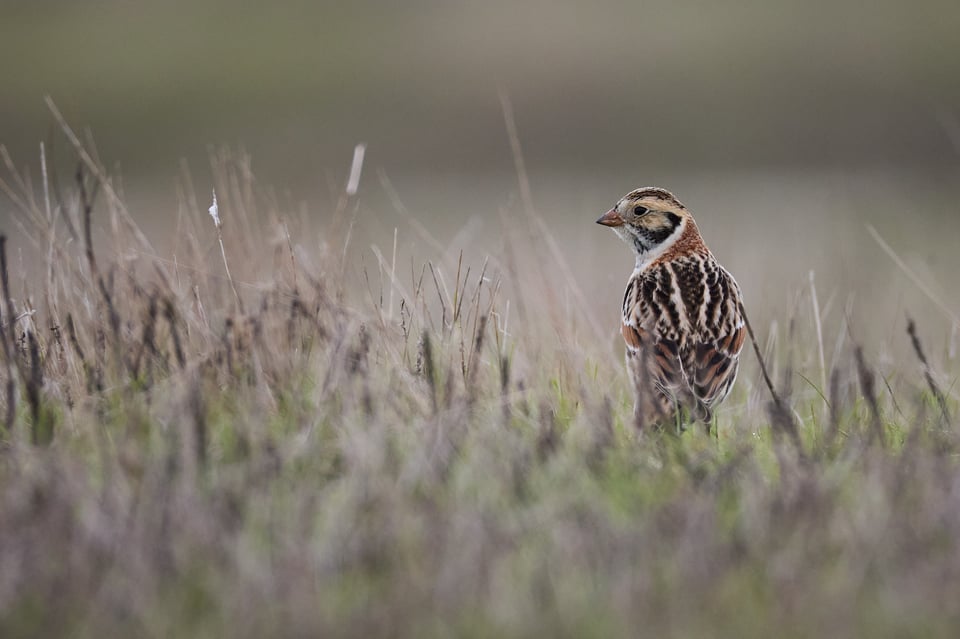
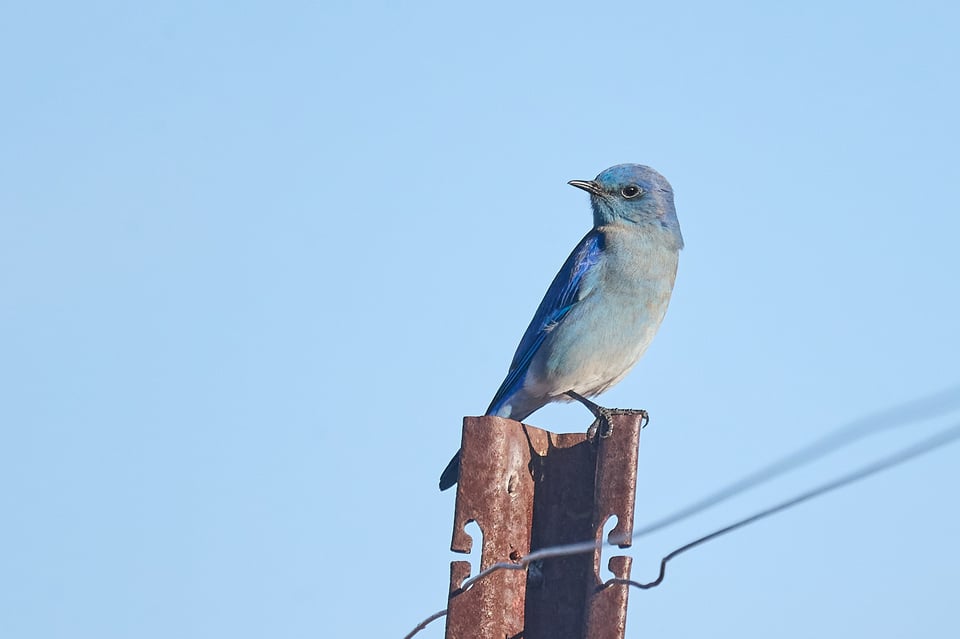
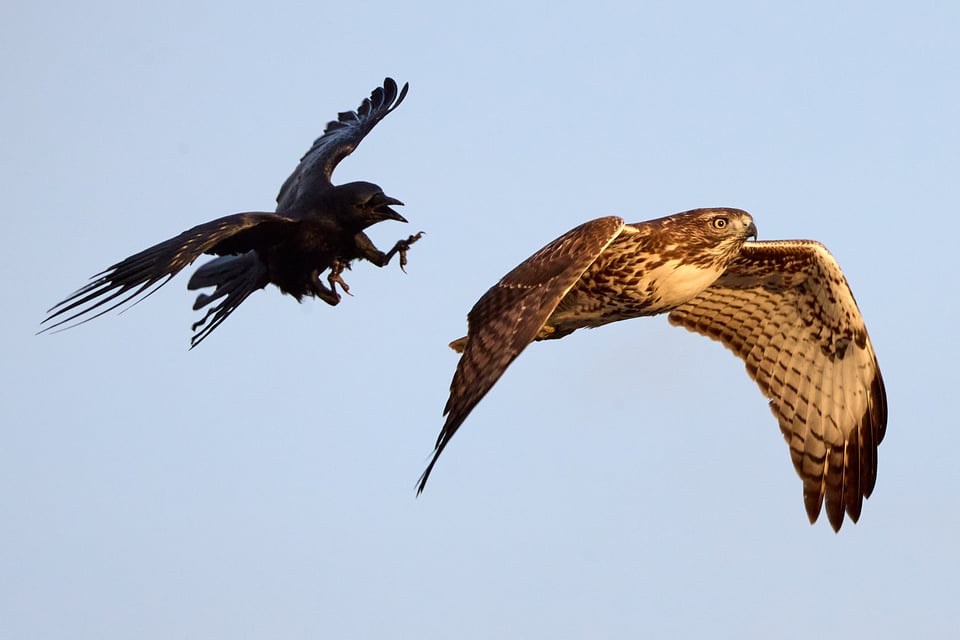
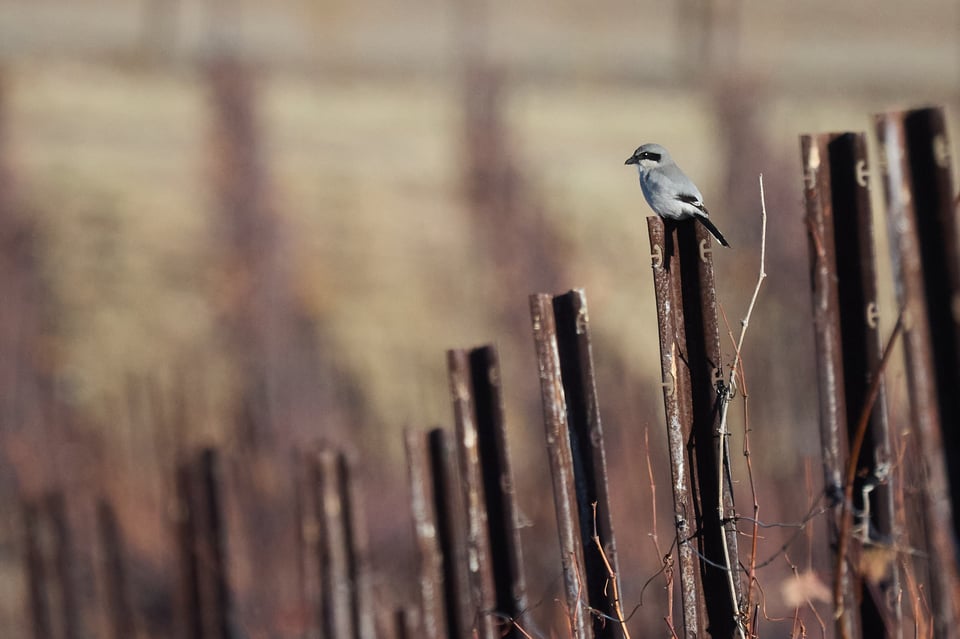
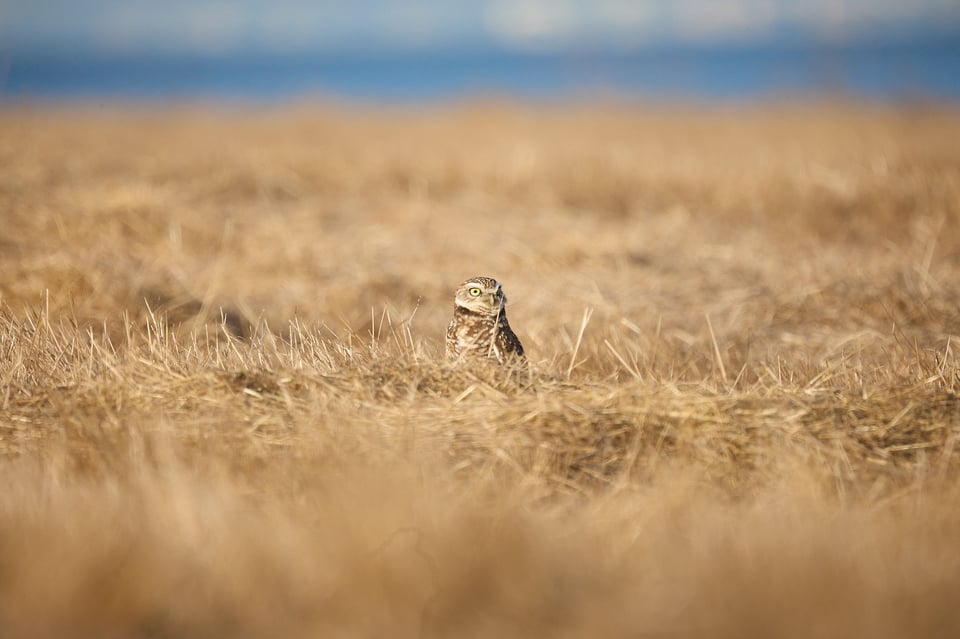
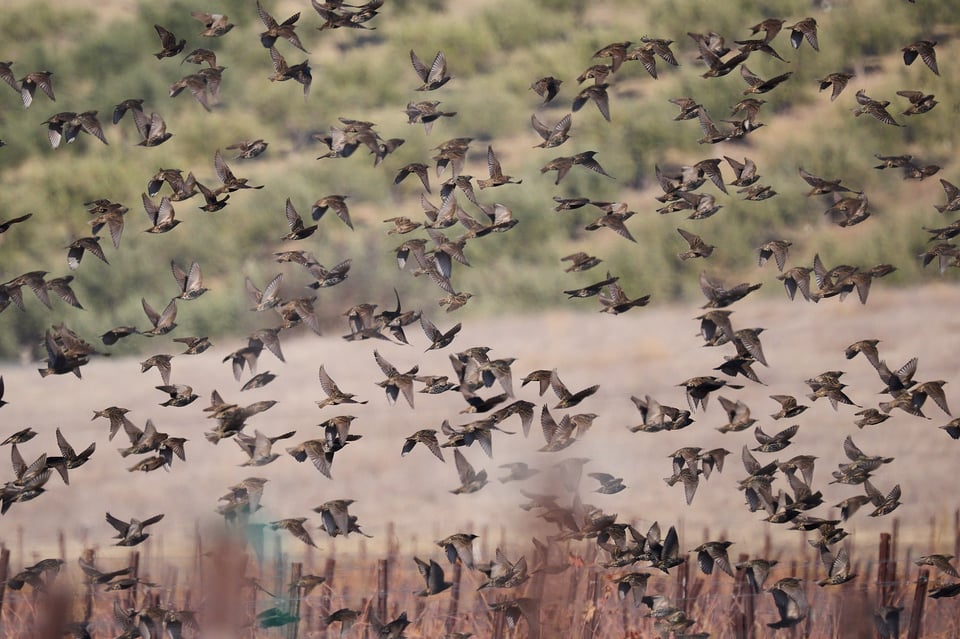
Reading
“That this mass deportation will happen with no legal restraints, accountability or oversight is by no means a premise to be granted without contest. Because resigning oneself in advance to a maximalist vision of mass deportation helps accomplish the same goal: making immigrants feel they have no choice but to leave the United States.” An absolutely crucial piece about what mass deportation actually entails, by Dara Lind.
“I believe that tyranny does sometimes create the conditions for its demise; I wish those conditions to be taken advantage of when they come. I believe that the future is unknowable and thus at least partially saveable.” One of my favorite pieces of post-election writing, by Sarah Thankam Mathews. I also recommend: Roxane Gay on refusing to coddle Trump voters, Elizabeth Warren on the plan to fight back, and Kelly Hayes on collective survival and how to weave defiance into the everyday,
“My presence at the Supreme Court as a transgender lawyer will have been possible because I have had access to the very medical treatment at the center of the case. Though some doubt the lifesaving properties of this care, I know them personally. And so do my clients.” Chase Strangio on arguing for trans rights in front of the Supreme Court.
“When Al-Udaini became a journalist, she traced the story of Israel’s occupation of Gaza by its impact on the water and, in turn, on the lives of those who depended on it. This was also her way of ensuring that the story of Palestinians was not told only by the number of civilians killed or bombs dropped.” J Wortham writes about journalist Wafa Al-Udaini as part of NYT’s The Lives They Lived feature
Upcoming Talks
Come say hi; please wear a mask
29 January - Boston College
6 February - University of Wyoming, Honors College
13 February - Brown University
25 February - University of Utah
25 March - University of Nebraska-Lincoln
That’s it for this month!
As always, this newsletter is free, but you can choose to pay a monthly subscription (at whatever level you set) if you'd like to support my work.
Stay safe.